In the aftermath of the COVID-19 pandemic, a substantial number of Americans seized the opportunity to escape the high costs and crowded spaces of states like New York and California, seeking refuge in states such as Texas. Drawn by the promise of lower living expenses and more expansive surroundings, these new Texans found themselves part of a significant migration wave that saw Texas trailing only Florida in net migration rates during the pandemic. However, four years on, a growing number of these new residents are questioning their decision, facing unforeseen challenges and grappling with their choices in the Lone Star State.

The initial allure of Texas, with its reputation for affordable living, particularly in housing, has significantly dimmed for many. The influx of new residents has triggered a dramatic spike in home prices and rental rates, reminiscent of the previously frenetic real estate scenes in coastal markets like California’s Bay Area. Instead of the anticipated easy access to affordable homes, many newcomers are now caught in fierce bidding wars, pushing property prices to levels that are far from the bargains they had imagined.

Beyond the high cost of housing, many new Texans are discovering the harsh reality of the state’s property tax system. Texas, which prides itself on having no state income tax, compensates with some of the highest property taxes in the country, ranking seventh overall. For those relocating from states with lower property taxes, the financial burden can be a shock. The expected savings from not paying state income tax are frequently offset, or even negated, by steep property tax bills, leaving many feeling financially strained.
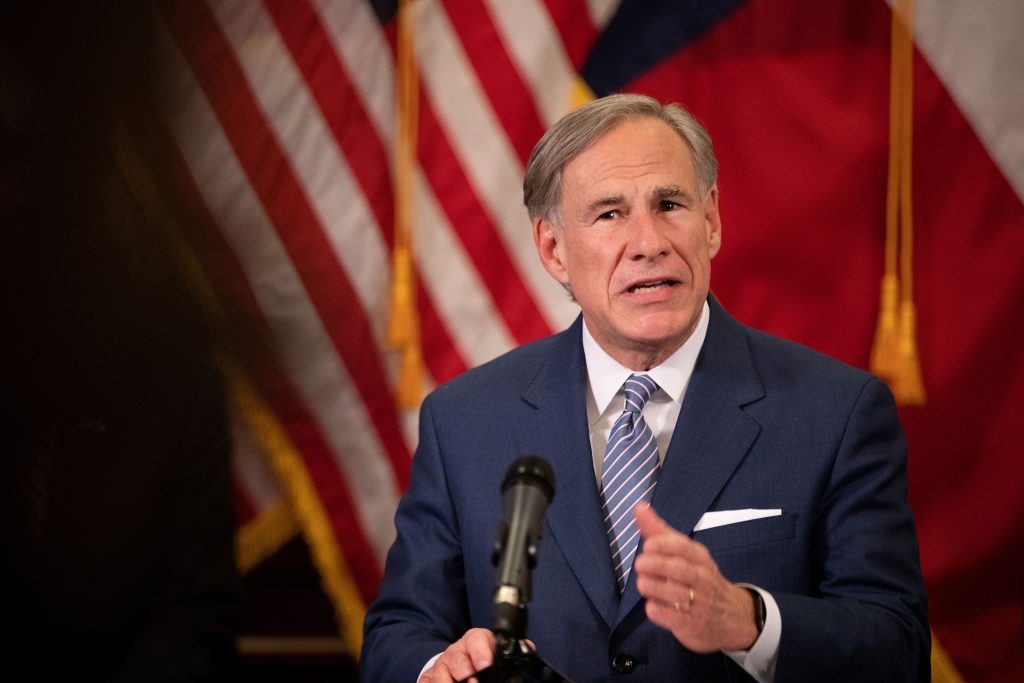
This financial stress is further compounded by recent legislative changes under Governor Greg Abbott. In a move that has been controversial among residents, Abbott signed a series of bills into law that restrict local governments from raising property taxes beyond a certain threshold without voter approval. While intended to provide relief and maintain affordability, critics argue that these laws have strained local budgets, leading to cuts in essential services and infrastructure investments. Two areas that rank high on liberals wish lists.
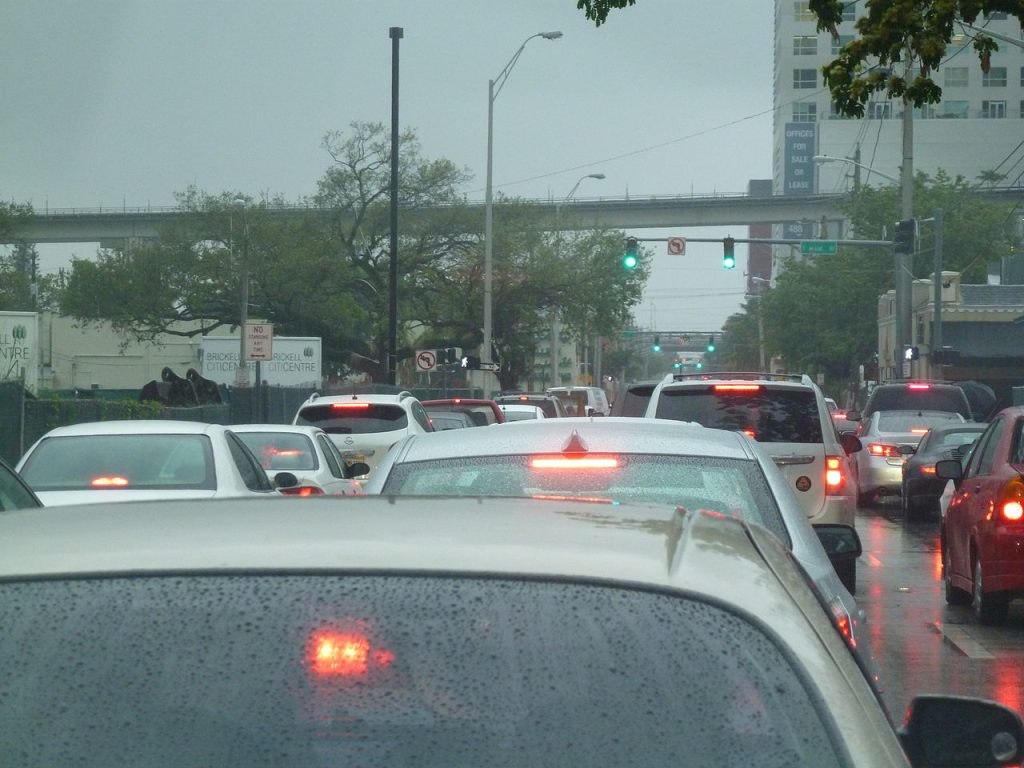
One area where the effects of these budget constraints are painfully evident is in the state’s infrastructure. Major Texan cities like Austin, Dallas, and Houston have seen their traffic congestion worsen significantly as the population has boomed. Commutes have become daily ordeals, exacerbated by the state’s underinvestment in public transportation.
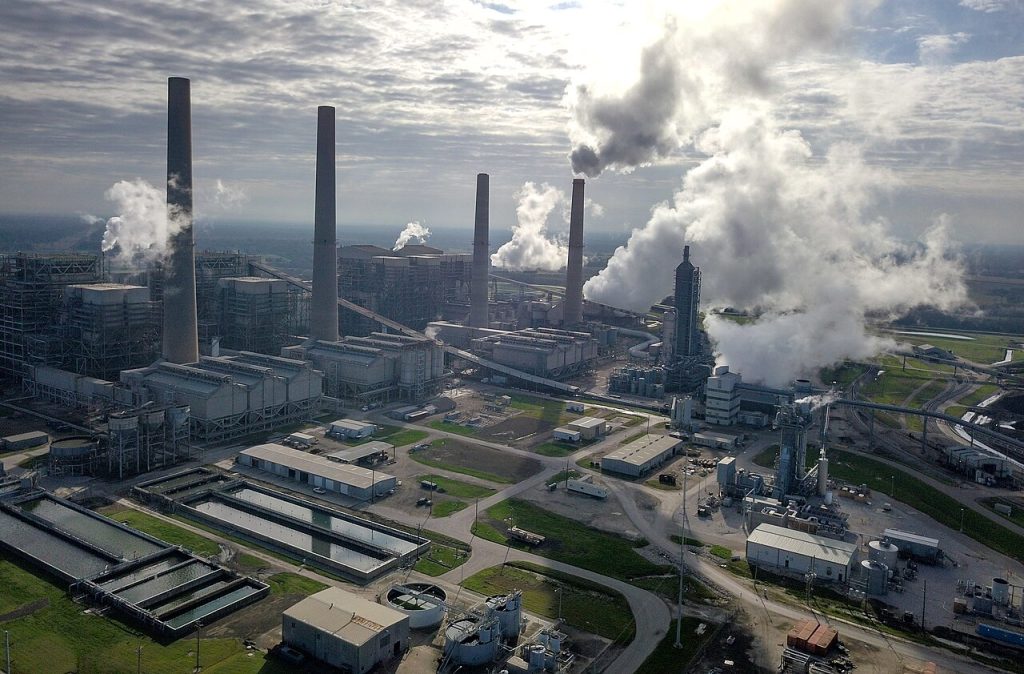
Texas’s reliance on its isolated power grid, a vulnerability starkly highlighted during the 2021 winter storm crisis, leaves it susceptible to blackouts and power shortages. Despite these challenges, Abbott’s administration has focused more on limiting property tax increases than on investing in critical infrastructure improvements, further complicating the lives of new residents.

Weather extremes add another layer of difficulty for those unaccustomed to Texas’s climate. The state is known for its blistering summer heat and susceptibility to severe weather events, including hurricanes, tornadoes, and flash floods. These natural phenomena can be both disruptive and destructive, with hailstorms producing baseball-sized hail being a particularly notorious example. For many newcomers, the state’s weather has been a harsh awakening, far removed from the milder climates they may have left behind.

Cultural adaptation remains another significant hurdle. Texas’s unique and deeply ingrained culture, while charming to some, can be challenging for newcomers from more liberal regions. The state’s conservative political landscape, reinforced by recent legislation from Abbott’s administration that includes restrictions on abortion, voting rights, and educational content, can be a stark contrast to the more progressive environments many transplants are used to. Adjusting to these new social and political dynamics requires significant adaptation, often leaving newcomers feeling out of sync with their surroundings.
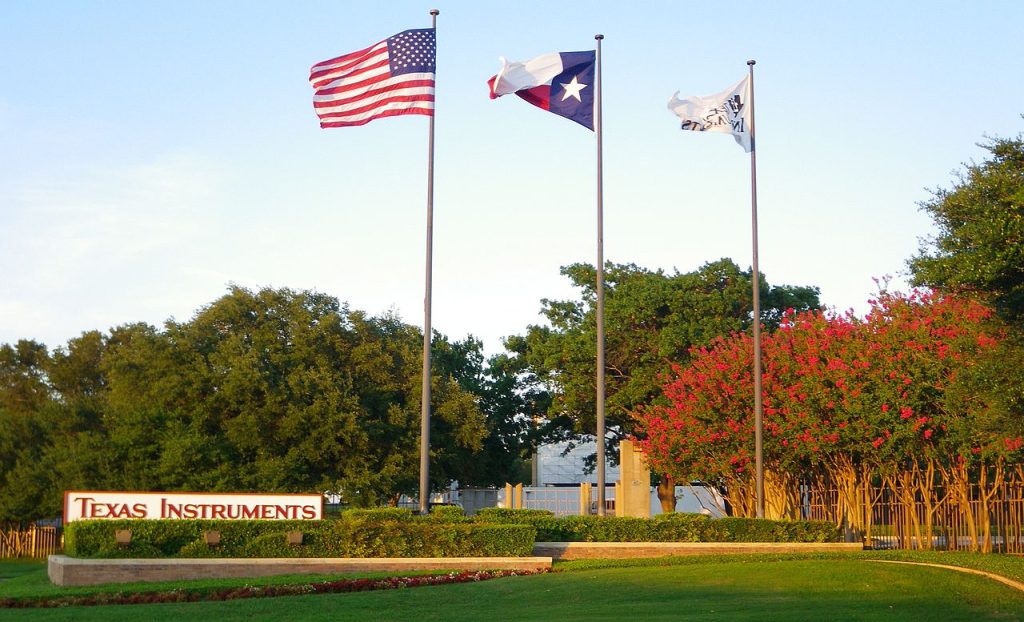
The employment market in Texas, often promoted as robust and dynamic, has proven to be less accommodating for some new residents. Despite the state’s low unemployment rates and business-friendly reputation, finding jobs that match their skills and provide adequate income has been more challenging than anticipated. This mismatch can lead to prolonged job searches and financial instability, dampening the optimism that many brought with them.
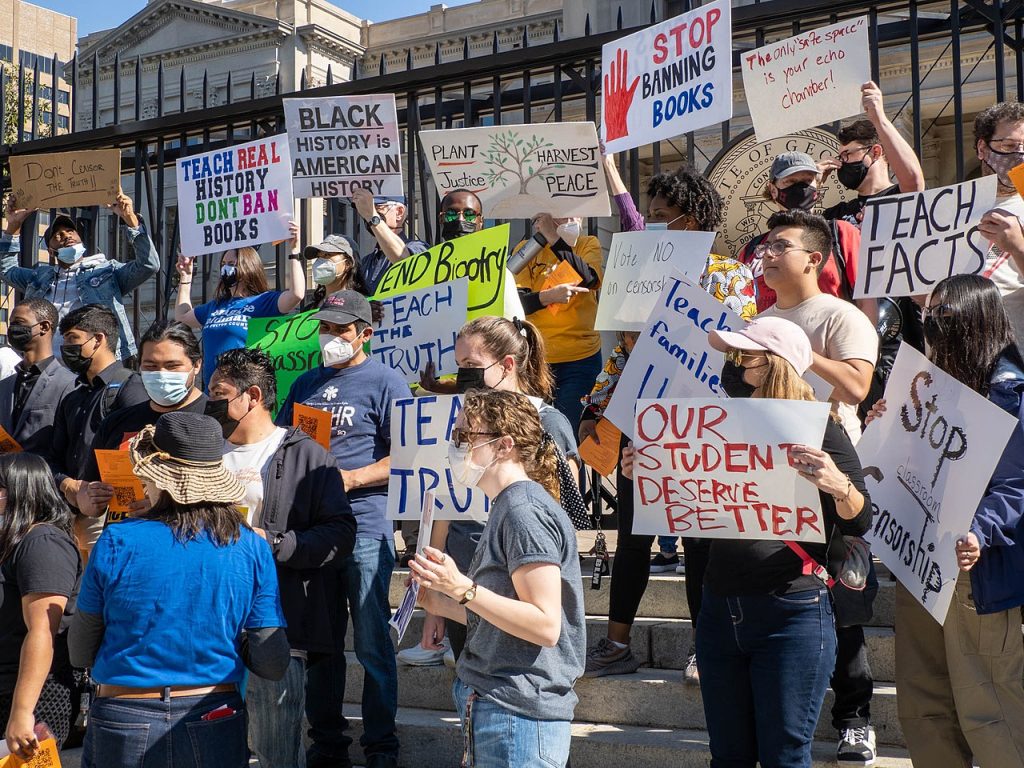
Educational concerns also loom large for families considering Texas as their new home. The quality of public education varies widely across the state, with some areas boasting top-tier schools and others struggling with chronic underfunding and lower educational outcomes. Recent legislative actions under Abbott’s administration, including significant changes to school curricula and funding models, have only heightened concerns about the state’s commitment to public education. For families prioritizing high-quality education, navigating this uneven landscape can be daunting and disappointing.

Despite these challenges, Texas continues to offer undeniable attractions, including a diverse cultural scene, a vibrant economy, and no state income tax. However, the experiences of those who regret their move underscore the importance of looking beyond the surface when considering relocation. The recent legislative actions under Governor Abbott have further complicated the state’s living conditions, adding another layer of complexity to an already challenging decision.
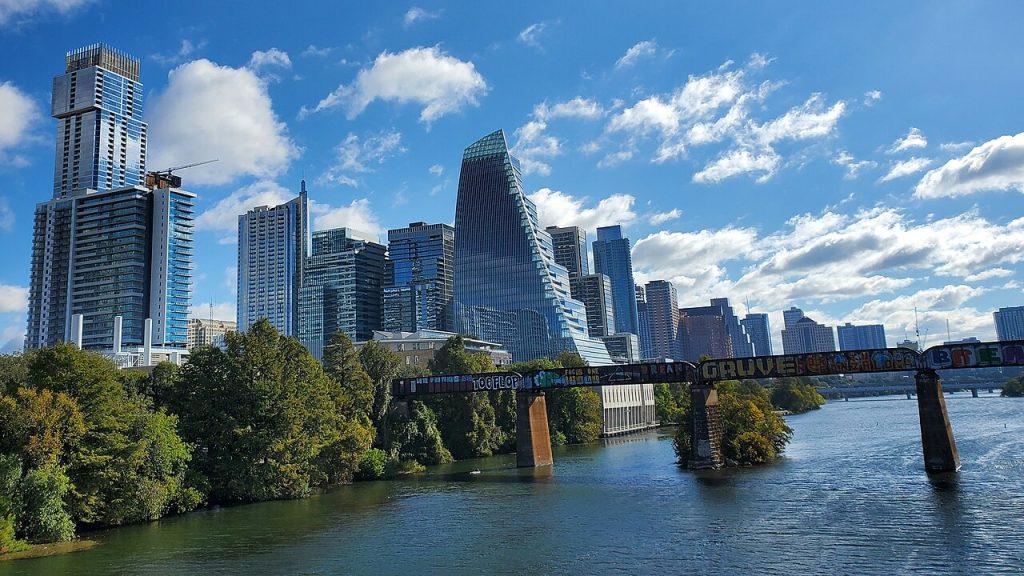
As the world continues to adjust in the wake of the pandemic, the experiences of Texas’s recent transplants serve as a cautionary tale. The allure of lower costs and open spaces must be weighed against the realities of property taxes, infrastructure, cultural adjustment, and legislative impacts. For those contemplating a move to Texas, these stories highlight the importance of thoroughly assessing all aspects of such a significant life change.





